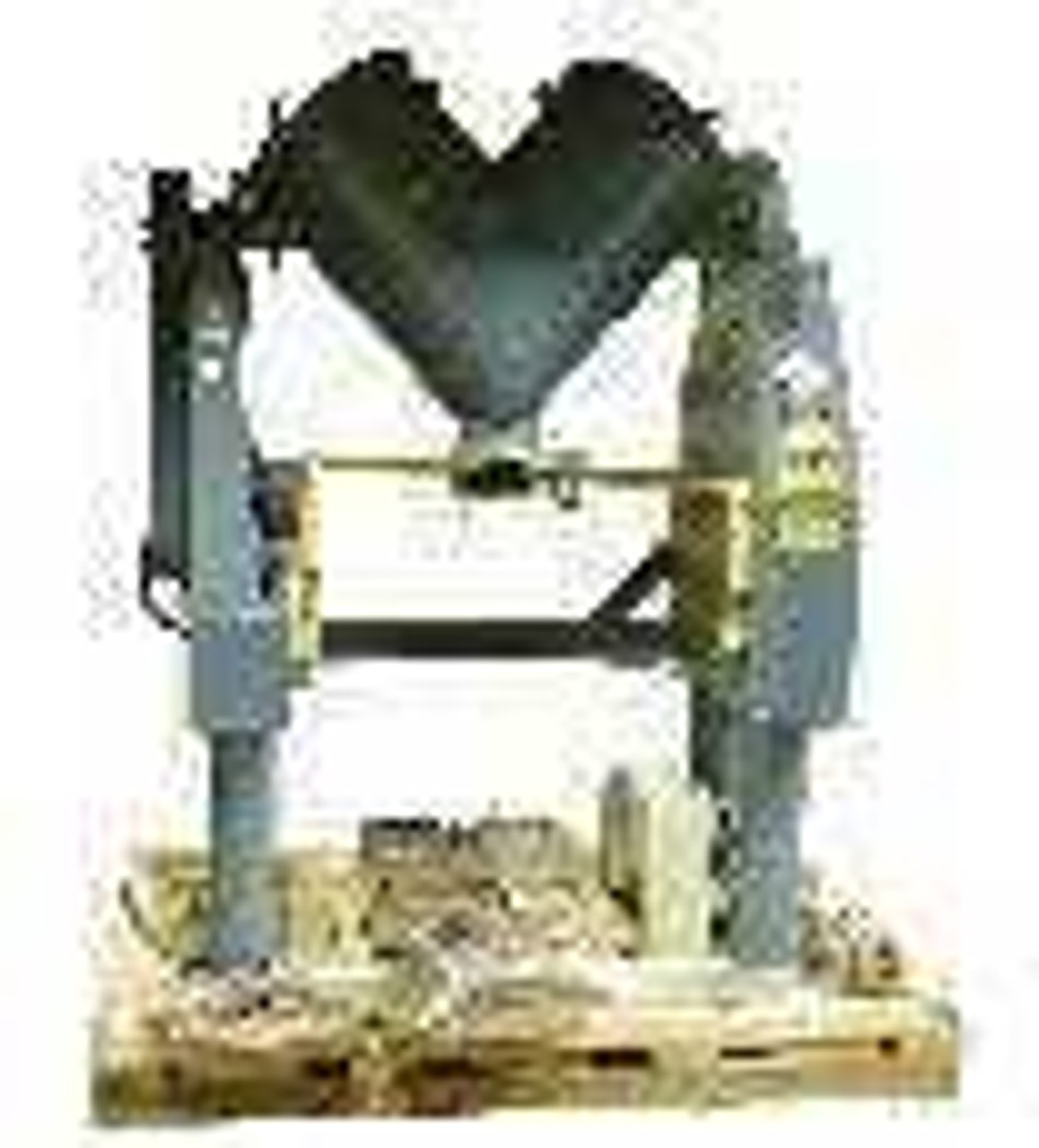Process Equipment
Purchasing used process equipment offers a range of benefits that make it an attractive option for businesses. Firstly, cost savings are a major advantage, as used equipment is typically available at a fraction of the price of new equipment. This enables businesses to allocate their budget more efficiently and invest in other critical areas. Secondly, used process equipment is often readily available, allowing for faster implementation and reduced downtime. Additionally, many used equipment suppliers offer warranty options, ensuring peace of mind and minimizing potential risks. Lastly, by opting for used equipment, businesses can contribute to sustainability efforts by giving these products a second life, reducing waste and promoting a circular economy. Overall, purchasing used process equipment provides businesses with a cost-effective, convenient, and environmentally-friendly solution.
Laboratory equipment and process equipment are two distinct categories of equipment that serve different purposes in scientific and industrial settings.
Laboratory equipment refers to the instruments and tools used in research laboratories to conduct experiments, analyze samples, and gather data. These include items such as microscopes, centrifuges, spectrophotometers, and balances. Laboratory equipment is typically designed for smaller-scale operations and precise measurements. It is commonly used in academic research, pharmaceutical development, and quality control laboratories. The focus of laboratory equipment is on accuracy, sensitivity, and control, enabling scientists to perform detailed analyses and investigations.
On the other hand, process equipment is specifically designed for large-scale industrial operations and manufacturing processes. It is used to handle, transform, and produce materials or products on a larger scale. Process equipment includes items such as reactors, mixers, pumps, heat exchangers, and distillation columns. These machines are engineered to withstand high pressures, temperatures, and flow rates required in industrial processes. The main objective of process equipment is to ensure efficiency, productivity, and reliability in industrial operations, such as chemical production, food processing, and oil refining. It focuses on continuous operation and automation to meet the demands of large-scale production.
In summary, laboratory equipment is tailored for precise measurements and analysis in research settings, while process equipment is designed for large-scale industrial processes and manufacturing operations. While both serve essential roles in their respective domains, they differ in their scale of operation, focus on precision versus efficiency, and the environments in which they are utilized.

